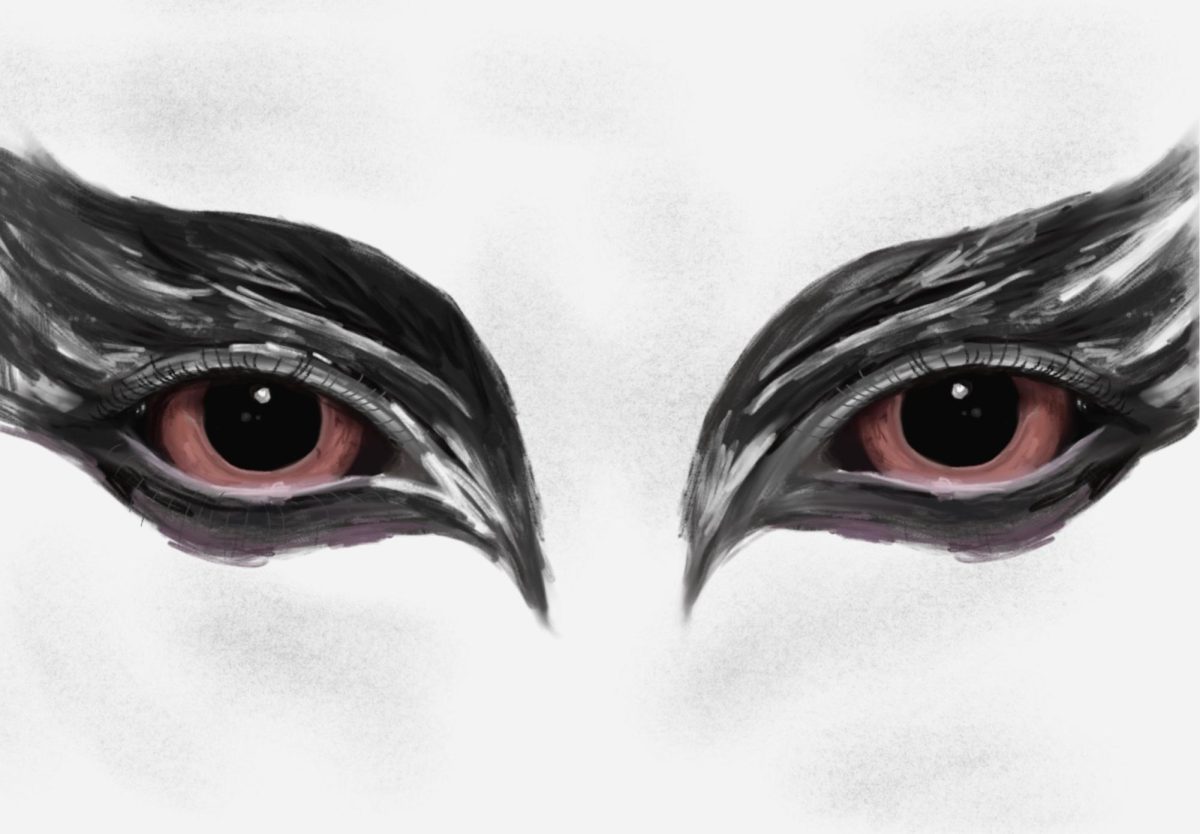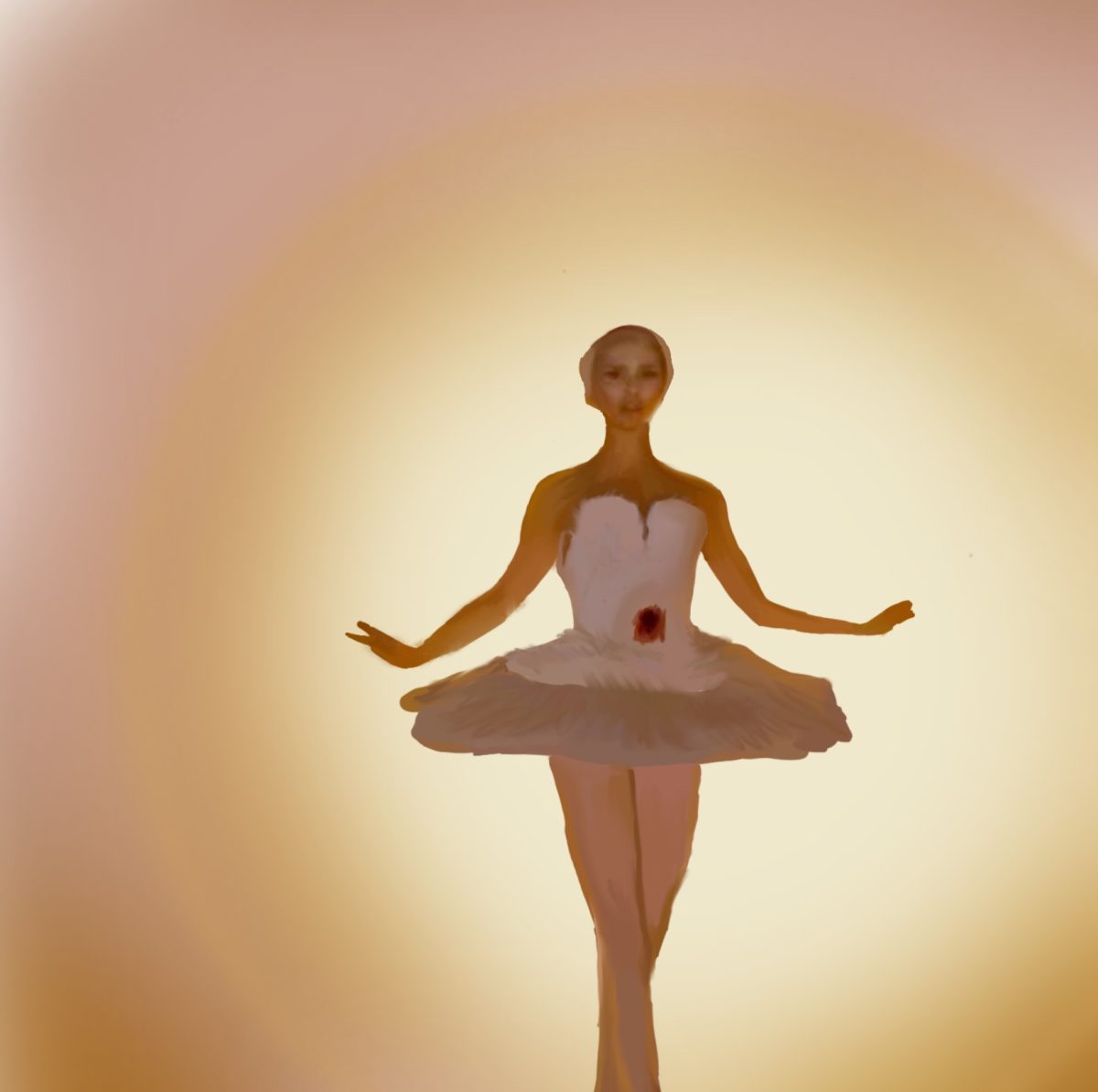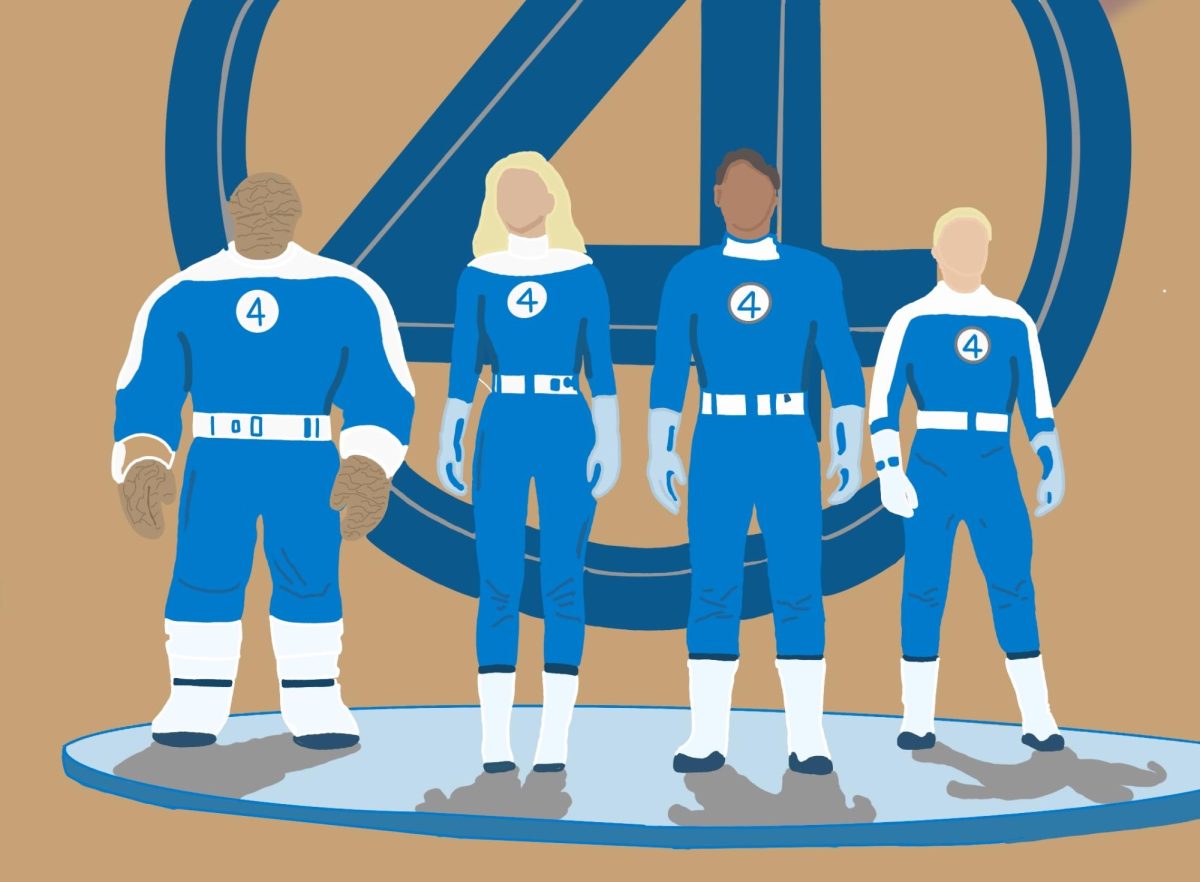SPOILER REVIEW!
How far would you go for perfection? Would you give anything for it?
Darren Aronofsky’s “Black Swan” returns to theaters Aug. 21. The film is centered around Nina Sayers, an aspiring ballerina hoping for the lead role in her company’s production of Swan Lake. But how can a dream turn perilous? Throughout the film, we see themes of perfectionism, mental illness and rebellion all integrated together. However, the concept of perfectionism is what really jump-starts her descent into madness.
Nina has always been mentally ill—from the beginning of the film, we see signs of self-harm and hallucinations. But these symptoms multiplied once she let this dream consume her life. Faced with the multiple versions of “perfect,” she spirals into obsession, trying to fulfill each one.
Imagine being raised hypersheltered and taught to suppress the wild, free side of you, only to be told that rebelling and embracing that wild side is the only way to reach the level of perfection you desire. And on top of that, you just want nothing more than to be a good dancer. Imagine all these different expectations literally pulling you apart every single day until there’s no more left to give.
I think there has been a time for everyone when we have felt that undeniable pressure to live up to all these expectations. This movie is a perfect example of why that is not humanly possible.
The psychological horror aspect of this movie is meant to depict how horrifying it can be to completely lose yourself for a cause. From beginning to end, we see an “evil” Nina (which I interpreted as her oppressed side) fighting to come out. Her “evil twin” is most often seen in mirrors, and that is my personal favorite detail of this movie. As dancers, we are constantly looking at ourselves and correcting every little thing. I really love how the filmmaker used mirrors to distort the view she has of herself in a similar way a lot of dancers develop dysphoria.
As her mental state deteriorates, we see her stray further away from the frigid girl she was at the beginning as a way to rebel against the part of herself holding her back. Nina changes so much throughout the film and Natalie Portman did a great job showcasing how her character scrambles to fit all these versions of herself into one body.
We are shown what so much unachievable pressure can do to a person, and everyone should see how detrimental it can be. Ultimately, everyone should watch this film at least once in their lifetime. The themes and cinematography present in “Black Swan” will leave you thinking about it long after you’ve left the theater.




















Vaishali Raol • Sep 16, 2025 at 8:28 pm
Watching Black Swan ASAP!!
Angelina Tao • Sep 8, 2025 at 12:01 pm
very well-written!
Bethel Kifle • Aug 21, 2025 at 12:29 pm
Amazing review! Definitely watching “Black Swan” after this!
Ava Novak • Aug 21, 2025 at 8:56 am
I loved reading this!
Suni • Aug 19, 2025 at 3:54 pm
I love this review!
zara bukhari • Aug 19, 2025 at 8:02 am
great review Kristine!!